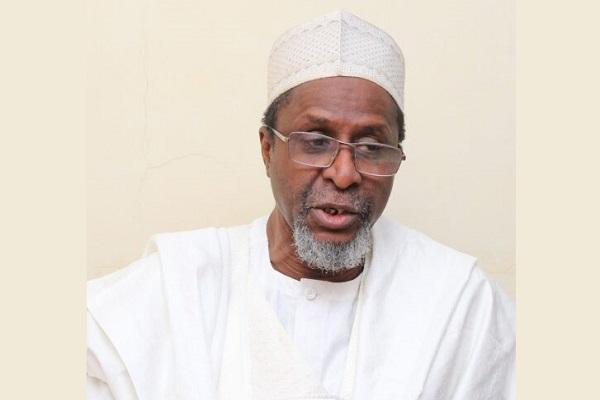The federal government is collaborating with an Africa/Europe-based Africa Policy Research Institute (AFRI) to advance methane mitigation and reduction in Nigeria’s oil and gas sector.
The minister of Environment Malam Balarabe Abbas Lawal who stated this yesterday in Abuja at a two-day capacity building workshop for stakeholders.
He said in regards to reducing the impact of methane on the environment, APRI is advancing and highlighting key priorities, including strategic policy implementation, adopting innovative best practices as well as fostering stakeholder collaboration, and building capacity through awareness and training programmes.
Balarabe said reducing methane emissions is not merely an environmental responsibility but a promoter of economic growth, job creation, and energy conservation, capable of attracting investment essential for national development.
While calling on the participants to seize the opportunity and reaffirm their commitment to a cleaner, healthier environment for current and future generations, the minister reiterated that through collaboration, dialogue, and decisive actions, they can reduce methane emissions and advance sustainable growth within the Nigerian oil and gas sector.
The minister also explained that methane is a potent greenhouse gas that drives climate change and air pollution while posing a severe public health risk, also revealed that the federal government has endorsed the Paris Agreement.
“Nigeria has shown strong leadership by endorsing the Paris Agreement and embedding a 61% methane reduction target for the oil and gas sector in its 2021 Nationally Determined Contribution (NDC).”
“On the policy front, frameworks like the National Gas Policy and the Nigerian Gas Flare Commercialisation Programme (NGFCP) promote the capture and productive use of associated gas to reduce flaring. The Nigerian Upstream Petroleum Regulatory Commission (NUPRC) enforces improved guidelines and monitoring protocols for methane leak detection and repair, bolstering regulatory compliance and environmental safeguards. Complementing these efforts, investments in advanced sensors and satellite technologies enable real-time, precise methane emissions tracking, enhancing Nigeria’s capacity for swift response and accountability”, he said.
In his presentation on the “Urgency of Methane Reduction”, the Africa Policy Manager, Methane Pollution Prevention, Clean Air Task Force (CATF), Dr Mohammed Dahiru Aminu, noted that methane is responsible for about half of the global warming. He explained that it is responsible for roughly 0.5 degrees Celsius of today’s temperature rise.
Dr Aminu, who advised that Nigeria should fully implement and enforce methane regulations, expand LDAR programs nationwide, as well as promote investment in methane capture infrastructure if it wants to mitigate the threats coming from the gas, also said the federal government should build technical capacity across regulators, operators and researchers and engage with international partners for finance and technology transfer.
“Methane reduction is the fastest, most cost-effective way to slow warming. Nigeria has the policy framework, technology access and international support to lead. The time for action is now, as every year of delay locks in higher costs and greater risks,” he warned.











